Draft Bangladesh Mental Health Act, 2014: Rights Perspective
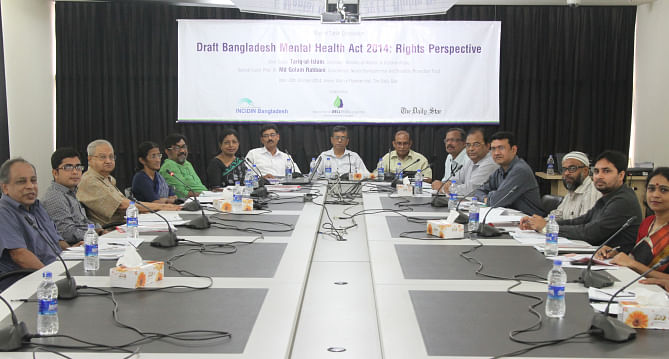
Recently, Innovation for Wellbeing Foundation, INCIDIN and The Daily Star have organized a roundtable on “Draft Bangladesh Mental Health Act, 2014: Rights Perspective”. Here we publish a summary of the discussion -Editor
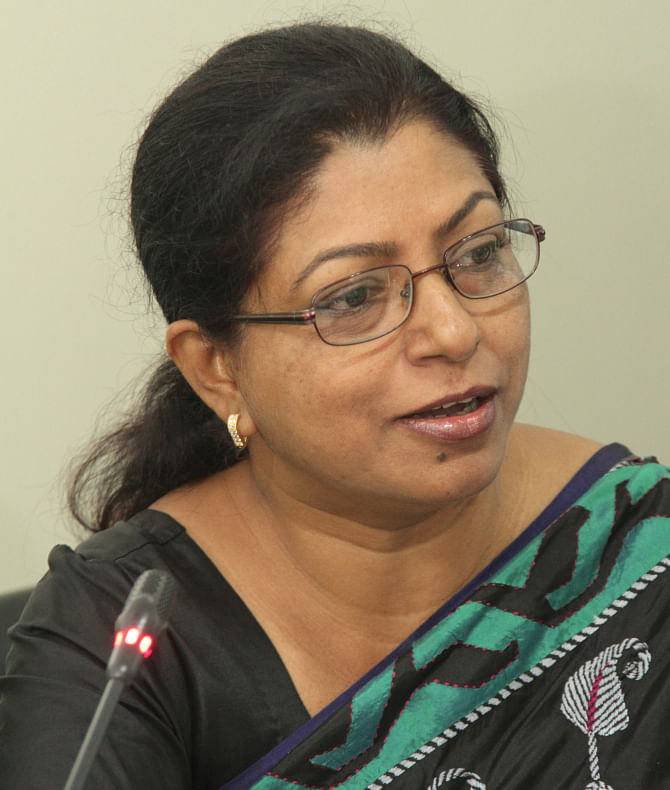
Monira Rahman, Founder and Chair of Innovation for Wellbeing Foundation
Today, we will discuss about draft Mental Health Act 2014 which has been published in the website of Law Commission for public vetting. This is the first initiative to discuss this act in a public forum. Today we will listen from a wide range of multi stakeholders including service users, service providers, academicians, civil society organizations, media and policy makers. In our discussion, we will try to identify ambiguities in this draft Act so that we can recommend how this Act can be improved further and how we can ensure universal mental health coverage/mental health equity. We want to bring mental health services to the doorstep of general people. How we can overcome the stigma of mental illness is also in the agenda of today's discussion. Creating social movement about mental health protection is our goal.
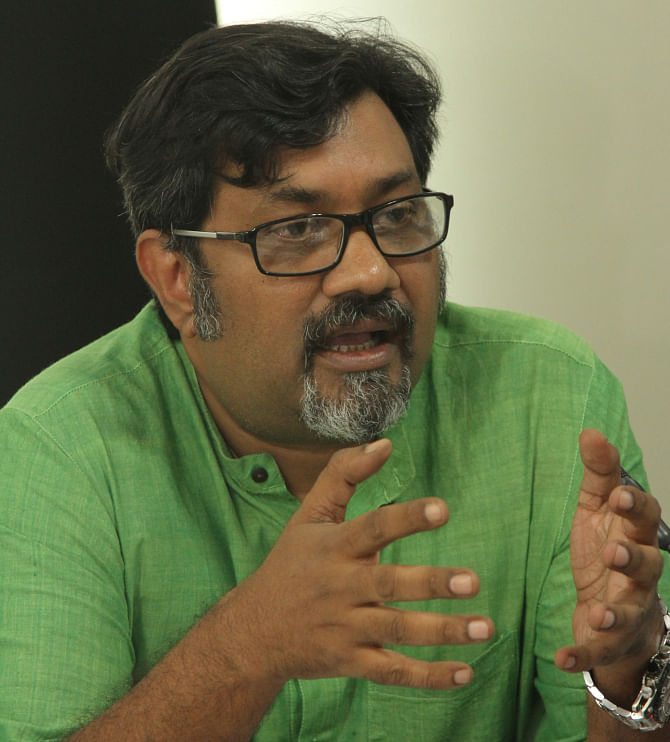
A. K. M. Mustaque Ali, Executive Director at INCIDIN Bangladesh
We have to see the Mental Health Act through the lens of human rights. Mental Health Act is essential to protect our overall wellbeing. Most people do not see mental health as an integral part of public health.
We are enjoying rapid economic growth these days. But our cultural and social developments are not at par with the pace of economic advancement. If our culture and society fail to cope with such economic pace, we will fall into distress phobia. We, the social beings, will go through psychological distress. If we compare with regional and global mental health related facts and figures we will find Bangladesh at the bottom part of the list. Mental Health Act can play a significant role in graduating out of this situation and build a mentally healthy nation.
If we review the draft Act there remains opportunity to add more in it. For example, Early identification of the mental health problem, primary mental health care at community level and appropriate referral services is crucial to ensure appropriate mental health services and prevention of its further damage. Presently NGOs are playing a vital role in this regard as they work at grassroots level and they have close contact with the community. So they can play vital role in identifying the people with mental health problems and providing psychosocial care services or bridging the gaps between the professional help. However, these para-professionals or trained lay people are not recognized by formal educational institutions or a government regulatory body. If we do not bring this human resources under the proposed mental health act we might lose a large group of community mental health service providers.
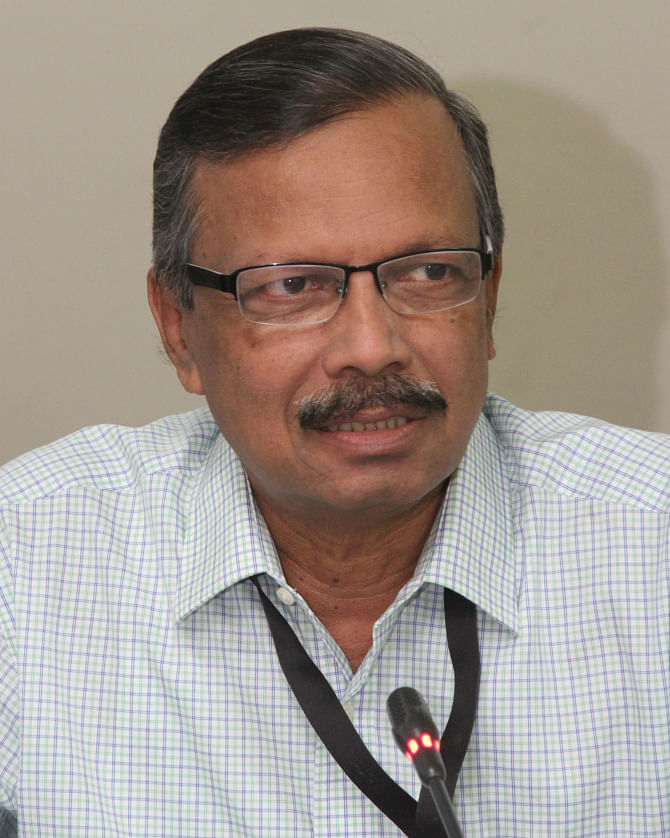
Dr. Salehuddin Ahmed, Managing Editor, The Daily Star
I think, targeting women only as primary object of mental illness is wrong. There are many men who are in need of mental health care.
Media is like a social doctor. We do believe that mental health is a major problem and we will certainly highlight the issue.
In my opinion, the way our poor people live, it is quite difficult to have mental balance. This problem has to be addressed not only socially but also economically. Be-cause in our society, the benefits of all the development programmes go to upper 50 percent of the population. Poor people remains marginalized. So any type of intervention should reach them.
Monira Rahman
Mental health is a global problem. Mental health ranks four in the list of top ten deadly diseases. 12 percent of the world population is suffering from mental health problems. Bangladesh is also in a critical condition. According to national survey conducted in the year 2003-05 by WHO shows that, 16.1% Bangladeshi adults and 18.04% Bangladeshi children are suffering from mental illness.
Recently, a Bengali daily reported that every year more than 10,000 people commit suicide in Bangladesh. The highest stage of frustration is suicide. This can be an indicator of mental health problem. But according to existing Law in our country, suicide is a crime and punishable offence. Bangladesh still follow the Lunacy Act 1912 which consider a person with mental illness as lunatic and the act try to save the society from these 'mad' people. This shows state's attitude towards mental health issues. But now we can see some light at the end of the tunnel as the draft mental health act is now in our hand and we have the opportunity to provide our opinion on it before it is enacted.
Nationally, we have shortage of mental health service providers. There are only 200 Psychiatrists, 50 clinical psychologists and less than two dozen of educational and counseling psychologists exist in Bangladesh. There is a national shortage of nurse, and clinical social workers. Apart from that community health workers and social workers at grassroots level have no training on mental health. To ensure mental health service at grassroots level, social and community workers and teachers have to be trained along with psychiatrists and psychologists to ensure comprehensive, holistic and integrated approach in addressing mental health issues.
The objective of today's roundtable is to discuss about the Mental Health Act and its provisions. I want to call this Act as Mental Health Protection Act because the word protection increases spectrum of the Act. We do not want to consider the Act from acute perspective only. We want preventive perspective also. We also demand that the voice of the service users and their care givers should be rightly reflected in the act.
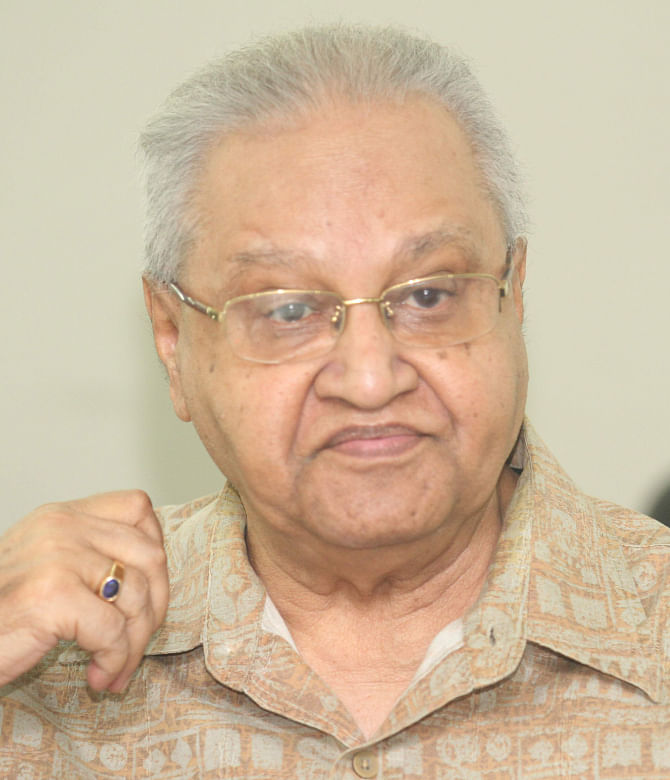
Monowar Ahmed, Management and HR Consultant
This is a story of personal suffering as a father dealing with a son's bipolar disorder to create awareness and understanding of mental healthcare. It is a kind of brain disorder that causes unusual shift of mode of activities that is different from normal up and down which everyone goes from time to time. Bipolar disorder symptoms can be resulted in damage of concepts, poor jobs and even suicide. This disorder generally appears in late teens or early adult periods. At least half of all cases start before the age of 25. Again some people face this in childhood which happened to my son. Bipolar disorder is not easy to identify. Like diabetics and heart diseases, bipolar disorder is a long term illness. It must need to be carefully managed and treated throughout the victim's life. I have been seeking support for treating my son from home and abroad. Very unfortunately I am still looking for appropriate and long term solution for my son's rehabilitation in my country. Further to this, given the problem is a life-long need, and management is very expensive I feel despair when I think what will happen to my son after my death. I am not alone as statistics says. I am also concern about those who are coming from a poor socio-economic background. I hope the proposed mental health act will give us a solution or at least a systematic direction for gradual improvement in mental health care services.
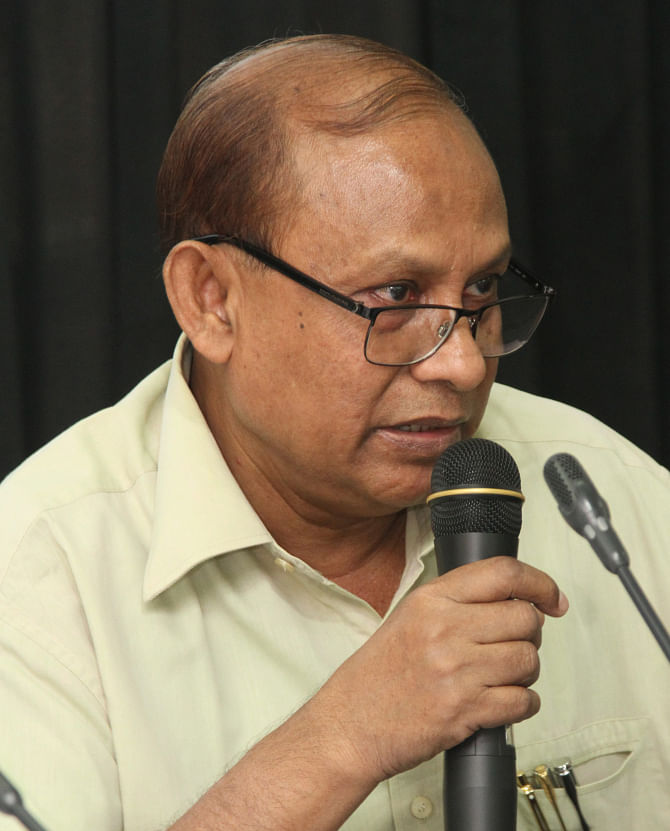
Professor Dr. Golam Rabbani, Psychiatrist and Chair, Neuro Development and Protection Trust
Back in 1982, with the suggestion of WHO's expert Narendra Narayan, we started working on a regulation to protect mental health of our people. We had only the Lunacy Act 1912 and Mental Health Act of England and Wales to follow. We had to put extra effort to make the Health Ministry aware about the importance of mental health. They often asked us how many people died in mental illness. To them mortality is sole indicator of the importance of any health related issue. However, the government realized the importance of mental health lately. With the help of the Law commission we have finally succeeded to prepare a drat of Mental Health Act. In our journey we have been endowed with enormous support from WHO.
Now,the draft is available in internet. I request you all to give your valuable observations and recommendations on the draft so that we can prepare a comprehensive Mental Health Act.
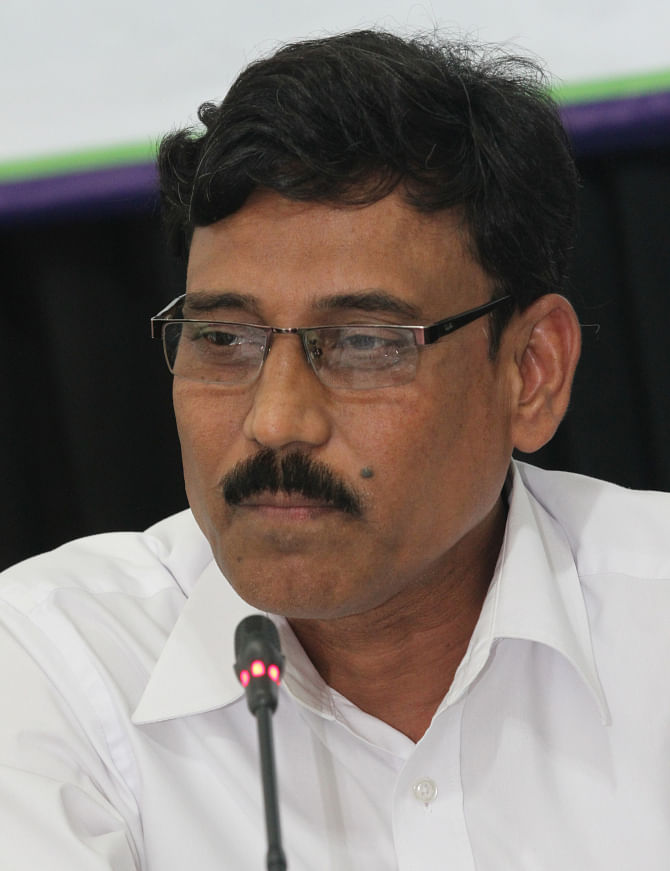
Professor Dr. Waziul Alam Chowdhury, Director, National Institute for Mental Health and General Secretary, Bangladesh Association of Psychiatrists
We cannot cure all mental health problems through treatment only. We need to make arrangement for long term support through rehabilitation programmes.
The government has been working through official limitations and lack of resources. Now, we have psychiatry department in all the medical colleges with a senior professor. BSMMU also has a psychiatry department. In many private hospitals there are psychiatry services. We have already given training to 8000 physicians on mental health. We have also trained over 10, 000 field workers like nurse, community workers, social workers and related persons and professionals. This efforts show government's willingness to spread mental healthcare services to the community level.
We have come long way to prepare a comprehensive draft of Mental Health Act. I believe, this draft needs more review and observation.
Mental health service is a team work and in the team psychologist and nurse are the most important members. But we are suffering from shortages of these professionals. In NIMH, there are only a clinical psychologist, a therapist, a counseling psychologist and a social worker against 200 beds. There are only 40-45 clinical psychologists in the whole country. To make the best use of these professionals, we need coordination among the mental health service providers.
We have come to know from the presentation that every year 10,000 people commit suicide in our country. Suicide is curable problem. The main reason of suicide is depressive disorder. We are trying to prevent depressive disorder to minimize number of suicide. We are forming an organization titled Bangladesh Society for Depression and suicide to deal with this matter. If we become aware and committed we would be able to save many lives from self-destruction.
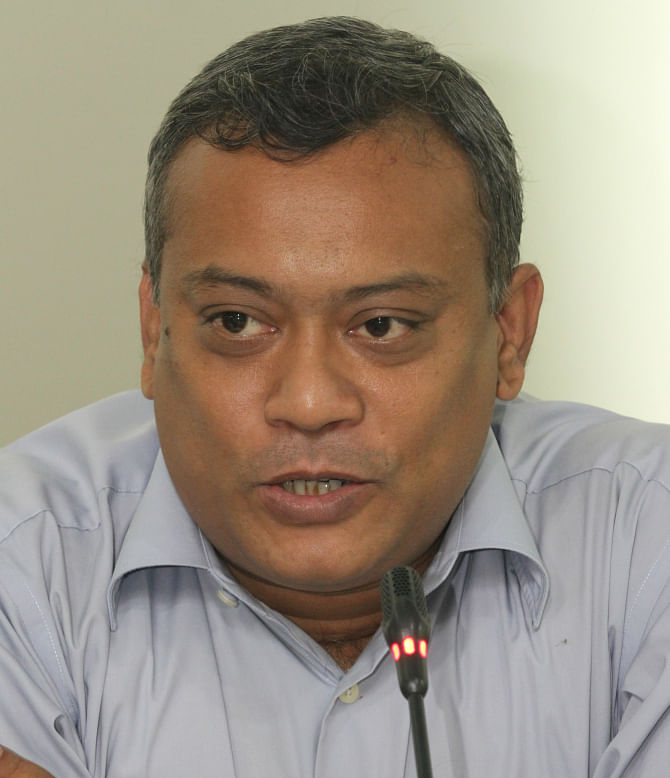
Khondoker Shahriar Shakir, Advocate, Bangladesh Supreme Court
The Lunacy Act of 1912 has lost its effectiveness and appropriateness. The demand of new act is not only to protect people from mental illness but also to ensure comprehensive mental health services for all.
From child to old people, all are subject to mental health protection. To provide them adequate mental healthcare support we need to change our traditional mental healthcare structure. All the service providers should be brought into the process of accountability and recognition. There are scopes of creating linkage among various professionals in this field. We need to establish these linkages. We need strong teamwork to implement the Act properly.
In the Mental Health Act we have incorporated recommendations from various professionals. In preparing the Act we have given special attention to vulnerable groups. In the third chapter of the draft there is a detailed list of groups who require mental health care and their rights. To prepare this draft Act we have accommodated human rights approach. The government does not have that much financial solvency to provide mental health care to all. That's why we have made a particular section for extreme vulnerable groups. In that section there is a provision of punishment in case of violation of the Act and denying special protection for extreme vulnerable groups.
We welcome opinion about this draft Act before presenting it to the Parliament. Even after that there will be scope of amendment and inclusion in the Act.
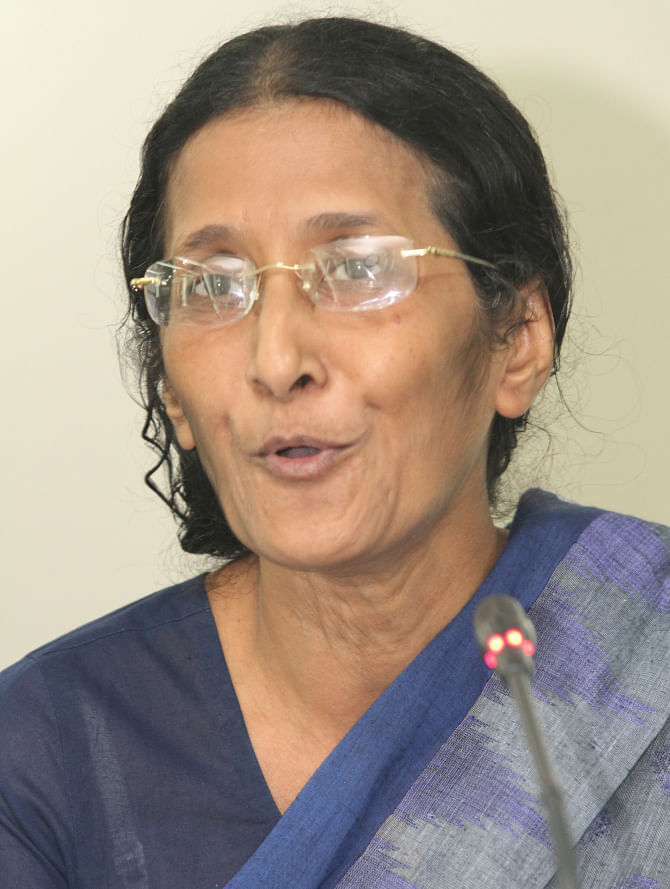
Professor Shaheen Islam, Chairperson, Department of Educational and Counseling Psychology, University of Dhaka
A positive point of the draft Act is that it has included professionals along with psychiatrists. But they are included only in the definition, not in other provisions of the Act. In this regard we have a recommendation. We, clinical psychologist, educational psychologist and counselors do work professionally but do not have recognition from council though we are recognized by UGC. We all are working for giving mental healthcare. Statistics show that one in every four requires mental healthcare. Only psychiatrists cannot give services to this huge population. That's why we need to develop other professionals.
We want to bring mental healthcare to the community level. Hospitals alone cannot do that. Unless we train up community workers it is impossible to give mental healthcare at the community level. So all the stakeholders need to be incorporate in the act and define their particular role.
In the Act, there are institutions like Mental Health Authority and Review Committee. Review committee will play the role of monitoring. In my opinion, representation of different professionals is required in both Mental Health Authority and Review Committee.
Still, mental healthcare remains as medical terminology. We need to consider it as a subject of rights and protection.
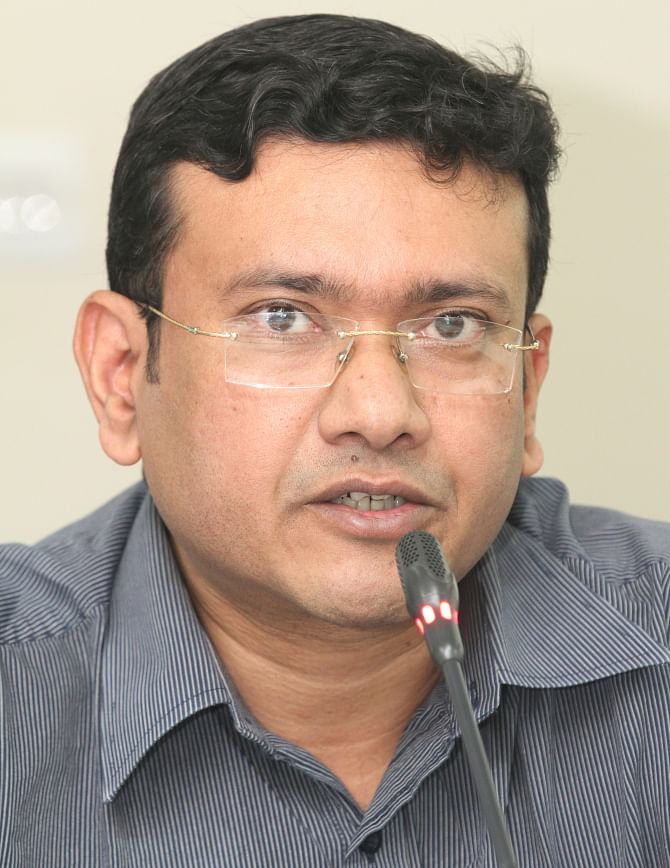
Kamaluddin Ahmed Chowdhury, Associate Professor, Department of Clinical Psychology, University of Dhaka
We have launched a project named Nasirullah Psychotherapy Unit in Dhaka University. We have arranged several training workshop and awareness development programmes.
In Bangladesh, there are only three clinical psychologist position exists in three government hospitals. Every medical college and clinic should have position for clinical psychologists.
In Bangladesh, a significant development is happening in the field of autism. There is a huge campaign run by the government to create awareness about autism. Apart from autism, we have a large group of people who are victim of schizophrenia and bipolar disorder. They need same kind of medical treatment, family care and mental health care in the form of rehabilitation as required for autistic persons.
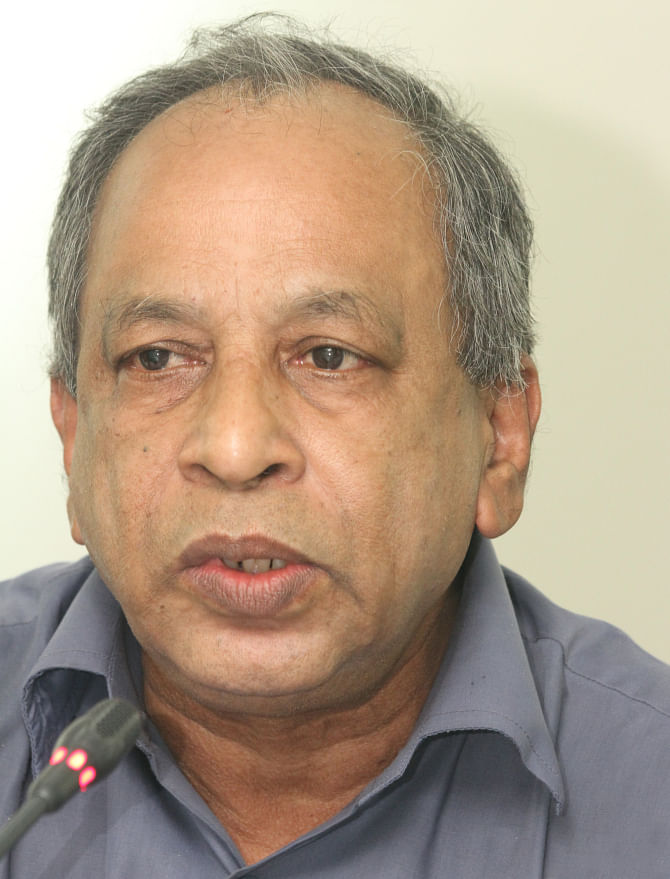
Badrul Mannan, Joint Secretary, Welfare Society for Mental Health and Rehabilitation
In 1995, I found that my youngest son is a schizophrenia patient. I was at a loss what would happen to him in absence of me. Who will take care of him? I started to seek solutions of this problem. In 2000, I started an organization for schizophrenia patients. This is the first organisation of the consumers. This is very important that we carefully listen to the voice of the service users and care givers when we are developing this law. I am happy that the Law Commission has invited us and we have submitted a detail observation of the draft act and provided them with specific recommendations. It is important that we carefully look at provisions in this law that contradicts with universal human rights and our constitution. Rights of the people with mental health problems should be the center of the law.
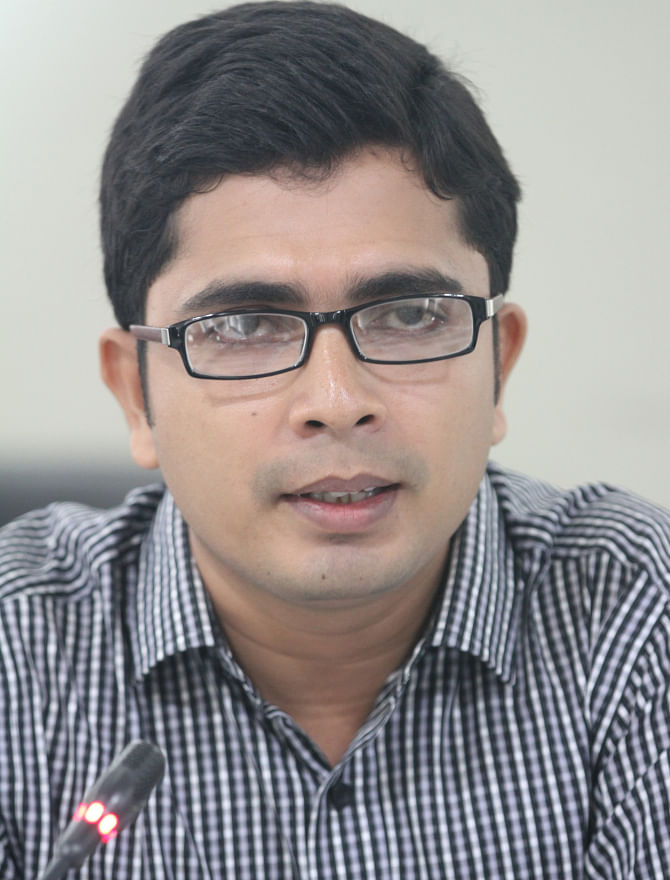
Hasan Mohammad Arifur Rahman, Senior Assistant Judge and Research Officer at Law Commission
To know the opinion of the stakeholders, Law Commission has arranged number of views exchange programmmes. We are receiving various recommendations from various stakeholders. We are going to conduct a national workshop where all the stakeholders and general people will be invited to join. We will give public notice for that. If we get better recommendations we will include those in the draft.
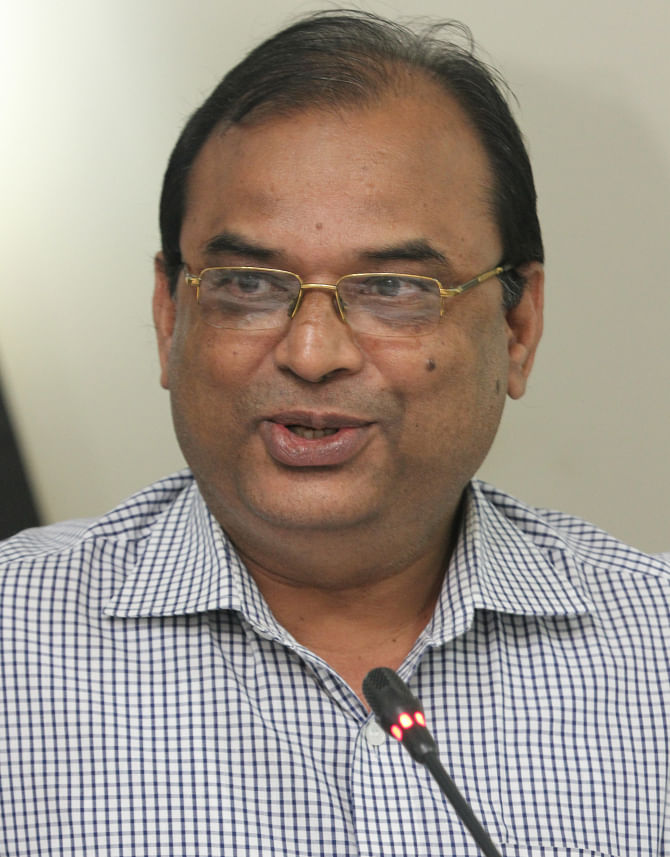
Dr. M Mostafa Zaman, National Professional Officer (Non-Communicable Disease), WHO
Traditionally, mental health is thought to be the responsibility of psychiatrists only. Organization like WHO considers it as a matter of public health. If we fail to incorporate this concept in the law it will be ineffective to promote mental health equity.
We want to focus on the development of mental wellbeing in general, not only treating mental illness. In street we find people are fighting with each other but the same people remain calm and decent when they are with their family or colleagues. To improve mental health is more social aspect than medical aspect. This is the main challenge in this law.
Statistics shows that globally 12% of the world population are suffering from mental illness. But in Bangladesh the rate is more -16% among adults and alarmingly 18% among children. Statistics also shows that 30% of our population are youth. As they are more at risk for mental health problems we have to think about how to protect them.
From the discussion we found that the draft law needs improvement. But history shows that it has already taken 30 years to draft this law. We first need a law because amendment is easy to do. Except there is any burning issue it is relatively easy to amend the act. I will suggest supporting the act rather than giving adverse comment. We need to move forward from the present situation.
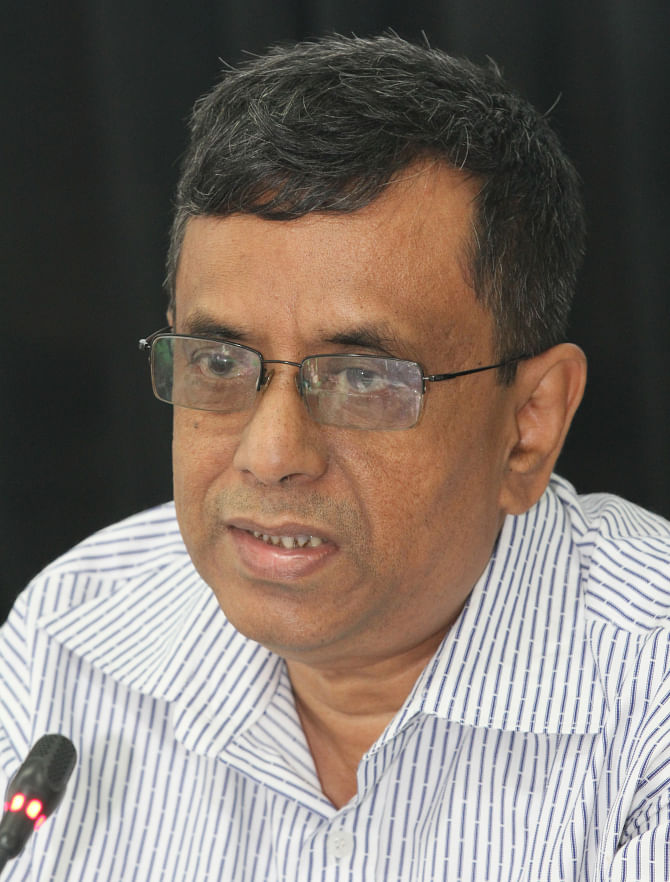
Tariqul Islam, Secretary at Ministry of Women and Children Affairs
Considering the mental health condition in Bangladesh, I think this Act needs to be submitted to the cabinet and enacted as early as possible. I hope Law Commission will pay special attention to this issue. We badly need this Act because mental health problem is taking an epidemic form in our country. Unless we address this problem seriously it will create disastrous effect on our society.
We should spread our activities to district and Upazilla levels. We should work more with addicted persons and women.
Monira Rahman
Thank you every body for your time and valuable comments and recommendations to improve the draft. I hope Law Commission will expedite the process for submission of the Act to the cabinet and pass it. We hope the authority will incorporate our recommendations in finalizing the Act.

 For all latest news, follow The Daily Star's Google News channel.
For all latest news, follow The Daily Star's Google News channel. 



Comments